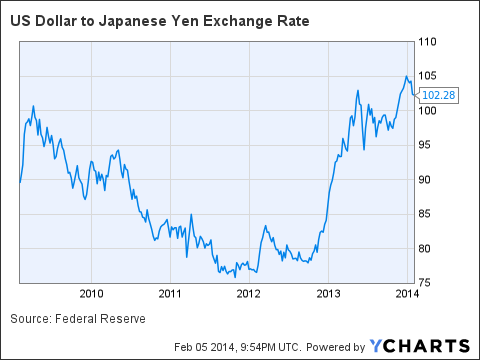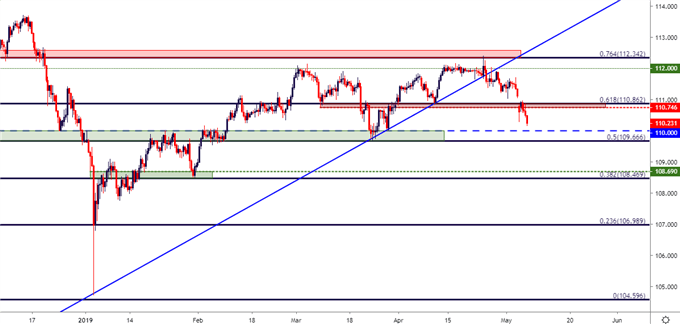

Third, Japan has experienced the least deaths from COVID-19 and has managed to contain the spread of the virus much better. Comparatively, the approach to people movement within the country has been unrestricted. Second, unlike other G7 countries, Japan has not locked down country and borders. First, Japan was the first country amongst the G7 to impose a travel ban (see Narayan et al., 2020). We focus on the Japanese exchange rate because in this COVID-19 pandemic Japan, amongst developed countries, has been an outlier, both in terms of government reactions to the crisis and the outcomes. One limitation of this literature is that none has examined how the pandemic influenced the exchange rates–stock returns relation. The motivation for this hypothesis is based on the recent literature that shows that COVID-19 has affected both the financial and economic systems as well as firm performances see Sha and Sharma (2020) and Section 2. Our hypothesis is that exchange rates influence stock returns more strongly as a result of the COVID-19 pandemic. Several papers do undertake detailed literature review and interested readers are referred to these papers including Sui and Sun (2016). The literature is extensive, so we do not review it here. Given that asset valuation and pricing are contingent on present values of future cash flows, exchange rates are directly related to asset prices.Įmpirical studies have concluded with mixed findings on whether or not exchange rates influence stock prices. These models see exchange rates as equating to supply and demand for assets. There are also the stock-oriented models of exchange rates, as represented in the work of Branson (1983) and Frankel (1983). As stock prices change, they influence not only future income but current investment and consumption. Stock prices react to exchange rates too because they represent present values of firms’ future cash flows. The flow on effect is on current accounts, which is reflected in the effects they have on real output and incomes. The main tenet of these models is the idea that exchange rates influence international competitiveness. The theoretical foundation on which to examine the stock price–exchange rate relation is well established and can be traced to the work of Dornbusch and Fischer (1980), in particular to their “flow-oriented” exchange rate model. The objective is to see how, if at all, COVID-19 has shaped or influenced the manner in which exchange rates have been traditionally believed to effect stock returns.

It is in this spirit that we re-visit the stock returns–exchange rate hypothesis to test how the relationship evolved over time and evaluate the current status of the relationship as it has unfolded over the COVID-19 period (January 2020 to August 2020) in comparison to the pre-COVID-19 period. Naturally when a shock, as devastating as the current COVID-19, hits the financial and economic systems in the manner we are experiencing now, this calls into question the relevance of existing theories and hypotheses. Given the large volume of studies on this subject, the hypothesis that exchange rates influence stock returns is perceived to be a traditional hypothesis in financial economics. All Rights Reserved.The stock returns–exchange rate nexus has been a subject of both academic and policy research for several decades. All content of the Dow Jones branded indices © S&P Dow Jones Indices LLC 2019 and/or its affiliates. Standard & Poor's and S&P are registered trademarks of Standard & Poor's Financial Services LLC and Dow Jones is a registered trademark of Dow Jones Trademark Holdings LLC.

Dow Jones: The Dow Jones branded indices are proprietary to and are calculated, distributed and marketed by DJI Opco, a subsidiary of S&P Dow Jones Indices LLC and have been licensed for use to S&P Opco, LLC and CNN. Chicago Mercantile Association: Certain market data is the property of Chicago Mercantile Exchange Inc. Factset: FactSet Research Systems Inc.2019. Market indices are shown in real time, except for the DJIA, which is delayed by two minutes.


 0 kommentar(er)
0 kommentar(er)
